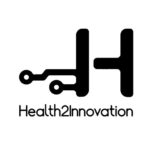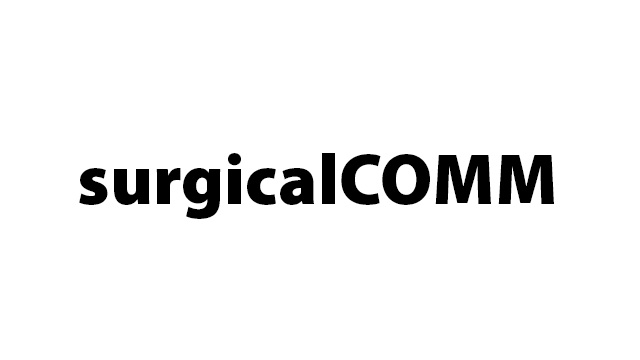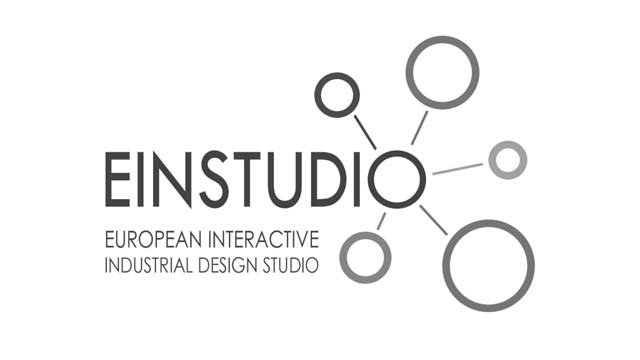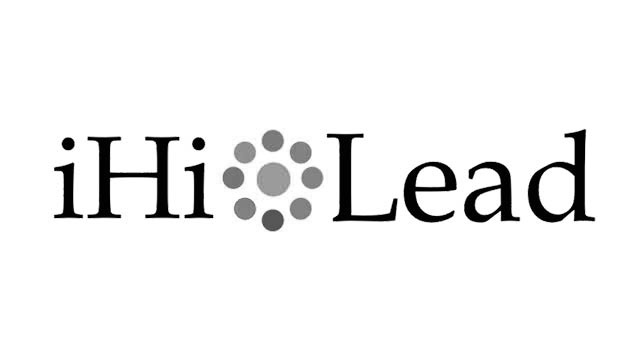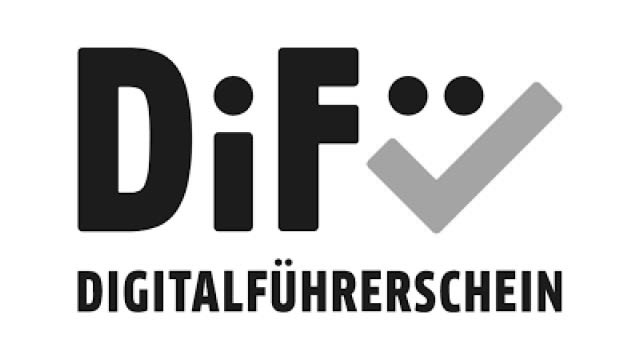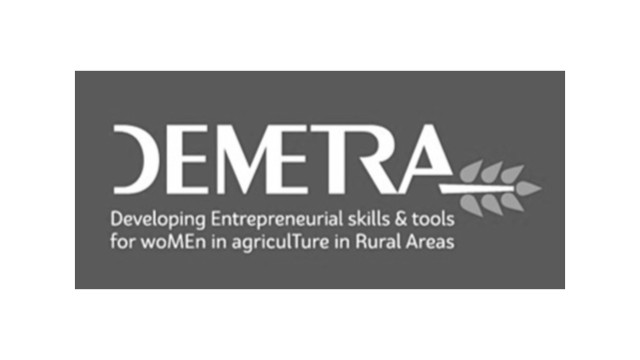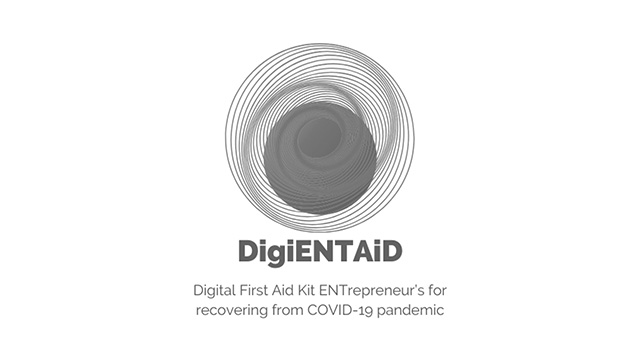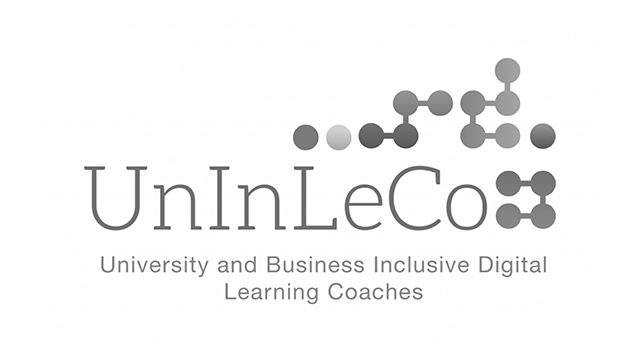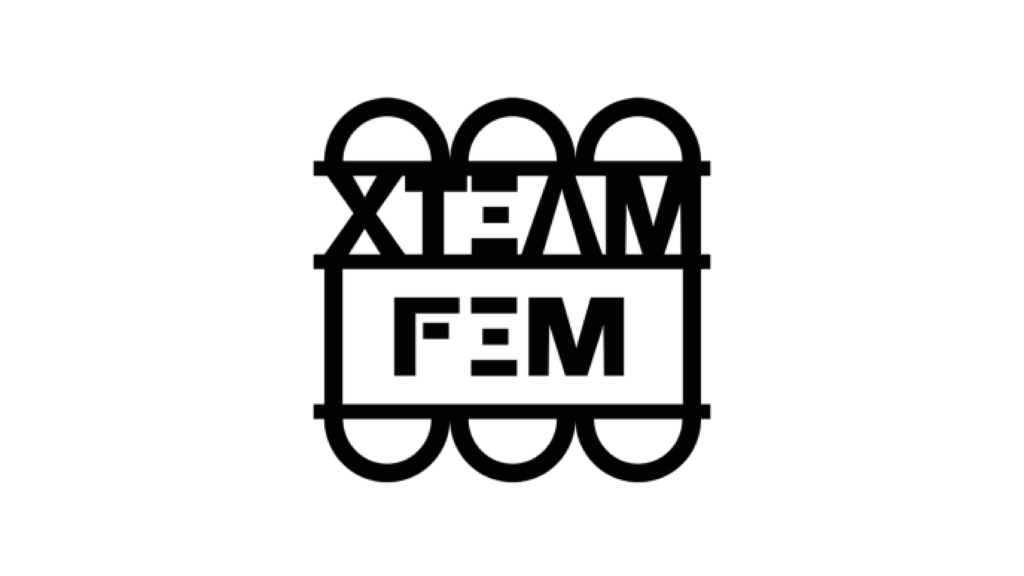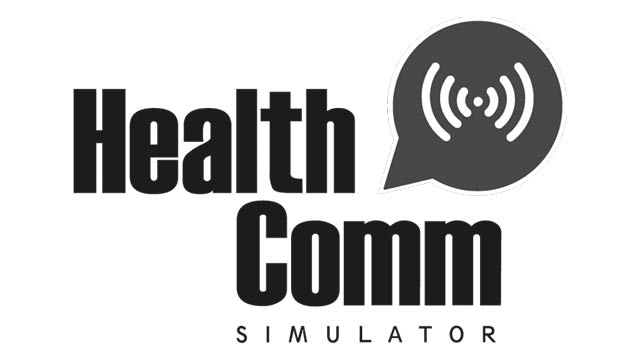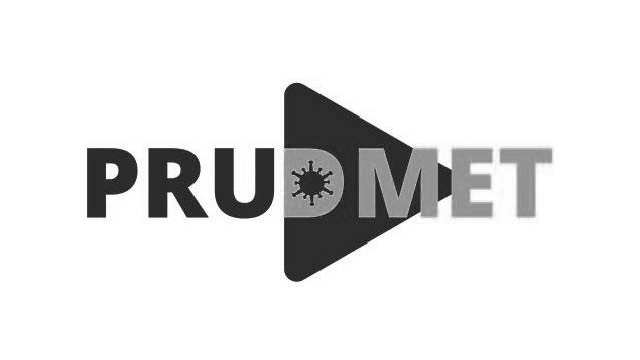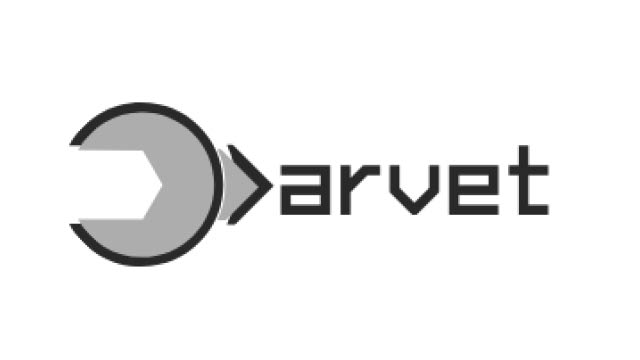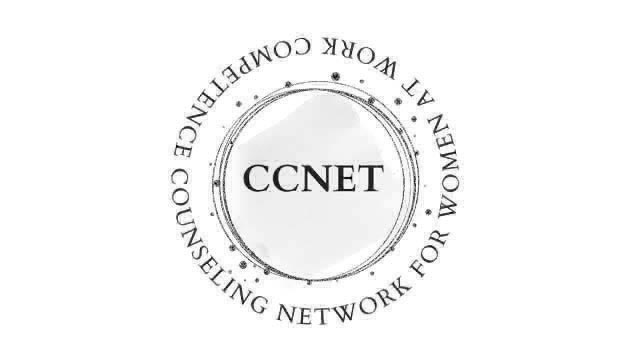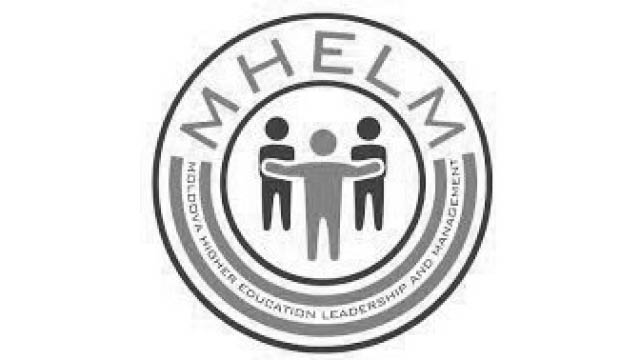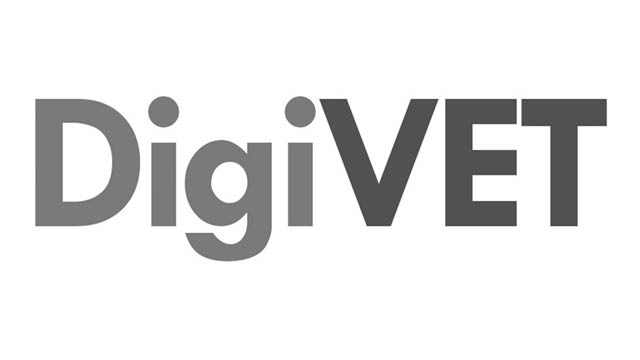Projects
We develop, accompany and evaluate innovative projects. Since 1990, in addition to programme support, accompanying scientific research, quality-assuring process support within the project team and external evaluation studies , we have formulated more than 60 project ideas that are eligible for funding and supported them with action research. Our areas of focus are in the fields of:
The Health2Innovation project is aimed at higher education institutions, business incubators, vocational training institutions, SMEs and technology experts from Europe to share best practices and jointly develop an educational resource for students.
The surgicalCOMM project aims to improve the communication and decision-making skills of medical students and health professionals in the surgical field. A virtual simulation tool based on artificial intelligence is being developed to enable remote training.
The design studio is a physical place where students can simulate real-world practice without the associated risks. In the EINstudio project, a virtual design studio is to be created that offers students and teachers a collaborative working environment to realise joint projects and work together in an interdisciplinary way regardless of location.
Indonesian Higher Education Leadership (iHiLead)
03/2021 – 01/2024
Das Projekt iHiLEAD entwickelt ein Programm zur Weiterentwicklung der Mangementkompetenz von Führungskräften im Hochschulwesen Indonesiens, mit dem Ziel, die Qualität in der indonesien Hochschulbildung zu verbessern.
Digitally safe in the internet - digital driving licence (DiFü)
02/2021 – 01/2024
The DsiN Digital Driving Licence (DiFü) is a nationwide standardised further education and certification offer with a focus on relevant topics related to everyday digital life. The DiFü was developed to create a format that shows the level of individual digital competence and makes it comprehensible for third parties (such as employers).
The agricultural sector is a male-dominated industry and the gender gap is particularly pronounced in agriculture. The DEMETRA project aims to create the conditions for women to work in agriculture in rural areas.
The maturity of digitalisation depends strongly on the industry, the size of the company and its value proposition. The smaller the company, the more difficult the digital transformation. The DigiENTAiD project aims to support small businesses and self-employed people in the professional use of IT and digital marketing that are at risk of failing due to the Corona pandemic.
The Covid 19 pandemic has shown that schools and civil society organisations lack access to digital learning materials. The UnInLeCo project is aimed at universities, companies and civil society organisations to support disadvantaged groups in society in the training of basic digital skills.
Expert Team of Peers for Female Entrepreneurship (XTEAM-FEM)
03/2022 – 08/2023
The project XTEAM-FEM aims to support innovative women from the Portuguese women's network "Mulheres a Obra" in the training of their counseling skills in order to strengthen the resources for social support and collegial knowledge transfer within the network.
Medicine thrives on the successful communication between patients and health professionals. The "serious game" developed in the project helps health professionals to develop their communication skills through play in a safe and error-friendly environment.
The PRUDMED project develops digital competences in higher education teaching.
Learners with disabilities need adapted and clear instructions to improve their work skills. Virtual and augmented reality offers completely new possibilities for this. The project is developing a model system of instruction at work and learning places with the help of augmented reality. Learners with disabilities need adapted and clear instructions to improve their work skills. Virtual and augmented reality offers completely new possibilities for this. The project is developing a model system of instruction at work and learning places with the help of augmented reality.
Crisis Competence Counseling Network for Women at Work (CCNET)
09/2020 – 01/2023
The changes in the world of work and the consequences of the Corona crisis present women with great challenges. Competence-oriented counselling and mutual support in networks can help to recognise and communicate personal strengths. The project develops and uses the principles of the largest network of working and entrepreneurial women in Europe.
The TalentMagnet project explores brain drain in the Danube Region and supports small and medium-sized municipalities in addressing the labour and demographic challenge through improved multi-level governance.
Moldova Higher Education Leadership and Management (MHELM)
11/2019 – 11/2022
Universities in the Republic of Moldova are undergoing a comprehensive reform process. Our action-oriented formative evaluation supports the needs-based development of an advanced training concept for transformative management of universities and is intended to accompany academic management staff in their professionalisation as leaders.
In recent years, a variety of tools and methods for using digital media in vocational education and training have been developed. Employees with little affinity to written texts can especially benefit from audiovisual media. The project brings together good practices from the partner countries and develops a competence profile of digital learning coaches.

